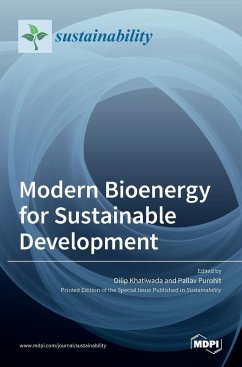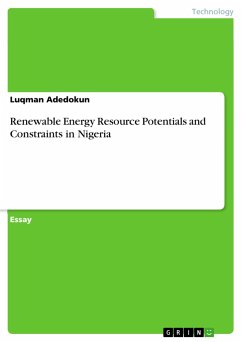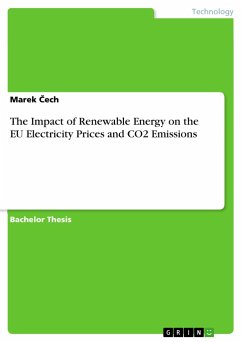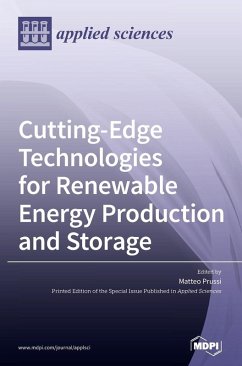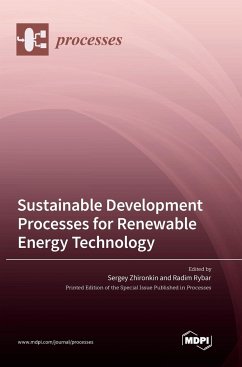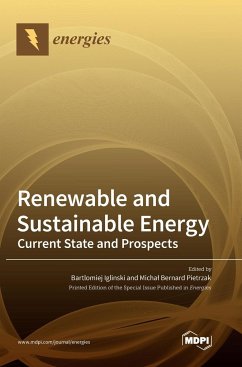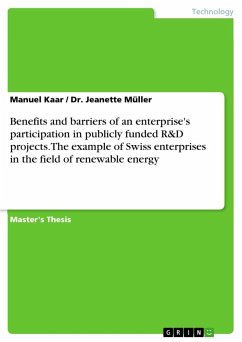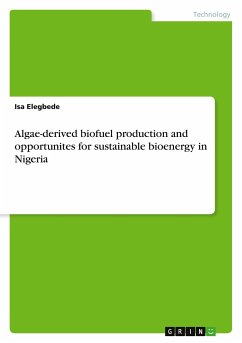
Algae-derived biofuel production and opportunites for sustainable bioenergy in Nigeria

PAYBACK Punkte
0 °P sammeln!
Document from the year 2016 in the subject Energy Sciences, Brandenburg Technical University Cottbus, language: English, abstract: This paper deals with the use of algae in the creation of biofuels as a form of renewable energy. Algae, a group of living organisms uniquely adapted to aquatic environment; they exhibit conversion ability of radiation energy into carbon source aimed at reducing emission from conventional fuel. The most assured interest of algae as a biofuel agent is the abundance storage of lipid which is converted to various energy yields.Civilization, urbanization and competitio...
Document from the year 2016 in the subject Energy Sciences, Brandenburg Technical University Cottbus, language: English, abstract: This paper deals with the use of algae in the creation of biofuels as a form of renewable energy. Algae, a group of living organisms uniquely adapted to aquatic environment; they exhibit conversion ability of radiation energy into carbon source aimed at reducing emission from conventional fuel. The most assured interest of algae as a biofuel agent is the abundance storage of lipid which is converted to various energy yields.Civilization, urbanization and competition of tillage land with crops for production of bioenergy have been among the challenges facing the bioenergy sector. However, an excellent panacea is the cultivation of algae from waste, non-waste water or industrial waste water, which has been found to be a positive platform for algae-derived biofuel; numerous attempts have been made by so many nations to reduce carbon emissions; amongst are the developments of frameworks for the prospective utilization of renewable energy resources, due to its abundance and sustainability. There is no gainsaying that countries in African are endowed with renewable energy resources, especially Nigeria. Lack of expertise, inadequate management and failure to adhere to policies has been a great challenge in actualizing the promising benefit of renewable energy and implementation in Nigeria.According to Ladokun et al (2013), Nigeria is a tropical rich zone which lies between latitudes 4°N and 14°N and longitudes 2°2'E and 14°30'E, it occupies wide coverage of 923 770 km2. Owing to its hydrological potentials which are considered as great assets to the algae biofuel energy industry. The country is a coastal region with boundaries along the southern area by the Atlantic Ocean. The country's north-south part extents to about 1 050 km and its east-west extent is about 1 150 km, which is bordered to the western part by Benin Republic, also to the northern region by Niger and Chad, also boarded in the eastern part by Cameroon.




